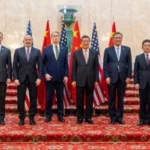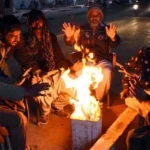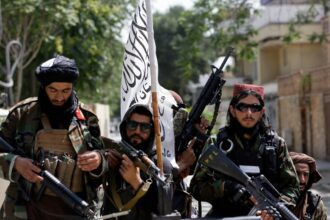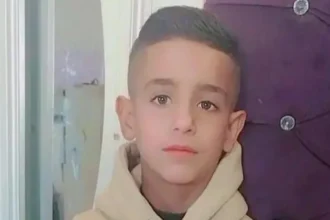Iran has announced that a new round of indirect nuclear negotiations with the United States is scheduled for Sunday in Muscat, marking the sixth high-level contact since April between the two nations amid ongoing tensions over Tehran’s uranium enrichment program.
Foreign Ministry Spokesman Esmaeil Baqaei confirmed on Tuesday that preparations are underway for the next round of talks, following the receipt of a U.S. proposal for a potential nuclear agreement. However, Iranian officials described the U.S. draft as vague and lacking key elements, including sanctions relief—one of Tehran’s central demands.
Iranian Foreign Minister and Chief Negotiator Abbas Araghchi will attend the Oslo Forum in Norway prior to the Muscat meeting. In the interim, Iran plans to respond with a “reasonable, logical and balanced” counterproposal via Oman, the mediator in the talks.
The negotiations are part of an effort to revive or rework the 2015 nuclear deal, from which former U.S. President Donald Trump withdrew. The U.S. has since ramped up sanctions, while Iran has significantly increased its uranium enrichment levels—currently at 60%, nearing weapons-grade capacity.
President Trump, commenting on Monday, said the talks could determine whether a peaceful resolution is still possible or if military options must be considered.
Iran continues to assert that its nuclear program is for peaceful purposes, despite Western concerns over potential weaponization. Deputy Foreign Minister Majid Takht-Ravanchi dismissed suggestions of a deadlock, stressing that the process is complex and requires patience to secure national interests.
The upcoming round will be the first in which both sides formally address each other’s written positions. Tehran is expected to restate its stance on its right to enrich uranium—a point it considers non-negotiable.
Meanwhile, the International Atomic Energy Agency (IAEA) has launched a Board of Governors meeting in Vienna, with Iran’s nuclear compliance on the agenda. A recent IAEA report criticized Tehran’s cooperation as “less than satisfactory,” prompting backlash from Iran, which claims the assessment is based on forged evidence from Israel.
Iran has warned of a strong response if Western nations proceed with a resolution against it during the IAEA meetings. Araghchi cautioned that such a move would undermine diplomatic efforts and reduce Iran’s willingness to cooperate with the agency.














